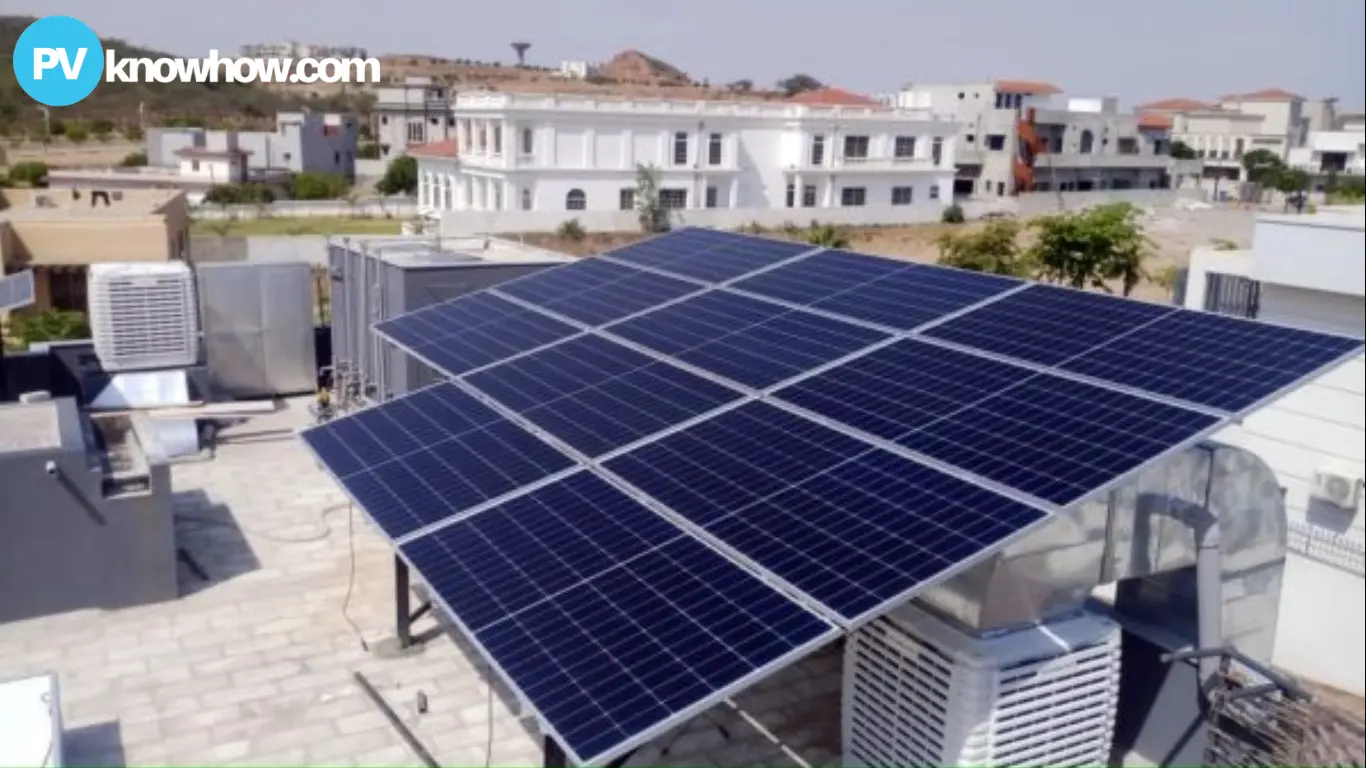The Punjab cabinet has approved the installation of solar systems for 4.5 million consumers using up to 500 units of electricity, marking a significant step towards sustainable energy. This decision, made during the 11th cabinet meeting chaired by Chief Minister Maryam Nawaz, is a cornerstone of the Punjab Solar initiative, aimed at mitigating rising electricity costs and promoting the widespread adoption of renewable energy.
Reducing Energy Costs with Punjab Solar Program
The Punjab Solar Program is expected to deliver substantial financial relief to millions of households. Chief Minister Maryam Nawaz emphasized, "We are bringing solar systems to 4.5 million consumers who use up to 500 units. Due to the increase in electricity bills, there is anxiety among the public. Together with my team, we have found a solution." This initiative directly addresses the pressing concern of rising electricity costs by providing an affordable alternative.

Punjab Solar Program to Provide Affordable Solar Solutions to 4.5 Million Households, Alleviating Rising Electricity Costs.
The cabinet meeting also acknowledged the Chief Minister's efforts in stabilizing essential commodity prices (especially flour). Nawaz highlighted the importance of continuous monitoring to ensure that essential goods remain affordable for the public. The Punjab Solar Program is seen as part of a broader strategy to alleviate financial pressures on citizens.
Furthermore, the program's design ensures that the benefits of solar energy are accessible to a wide demographic. The initiative targets consumers who are most vulnerable to fluctuations in electricity prices, ensuring equitable access to renewable energy solutions. This strategic approach not only promotes sustainability but also enhances economic resilience for lower-income households.
Socio-Economic Impact of Punjab’s Green Energy Drive
The Punjab Solar Project aligns with the broader green energy drive in the province, focusing on socio-economic benefits. "It is very important to protect the interests of the poor in the country. It should not happen that the rich become richer and the poor struggle to make ends meet," Chief Minister Nawaz asserted. The program is designed to safeguard the economic interests of the disadvantaged, integrating renewable energy into their daily lives.
In conjunction with the Punjab Solar Project, the cabinet has approved a 15 million euro grant from KFW Development Bank, Germany, for the "Green Energy Project." This initiative includes the solarization of schools and hospitals, ensuring that critical public infrastructure also benefits from renewable energy. This funding highlights the province’s commitment to expanding green energy solutions across multiple sectors.
Additionally, the cabinet has endorsed legislation to establish the Punjab Energy Efficiency and Conservation Agency (PEECA). This agency will play a crucial role in promoting energy efficiency practices across the province. By focusing on both conservation and renewable energy, Punjab aims to create a holistic energy policy that addresses current and future needs.
Long-Term Environmental and Economic Benefits of Solar Energy in Punjab
The long-term impact of the Punjab Solar Initiative is expected to be profound, both environmentally and economically. The Roshan Gharana Program, a key component of this initiative, offers a 90% subsidy for the installation of solar systems, making solar energy accessible to a broader population. This program is particularly significant for residents in rural and remote areas, who often face the highest energy costs.
Chief Minister Nawaz, who spearheaded the Roshan Gharana Program, noted, "We are responding to the public fears about inflating electricity bills. Through Roshan Gharana, men and women living in the hills of northern Pakistan can significantly decrease their household costs while supporting Punjab’s renewable energy goals." The program is not just about cost savings; it’s about empowering communities to take control of their energy needs.
Moreover, the environmental benefits are equally significant. By reducing reliance on fossil fuels, the Punjab Solar Initiative will lower carbon emissions and decrease the overall carbon footprint of the province. These ecological benefits are crucial in the fight against climate change, positioning Punjab as a leader in sustainable energy practices.
The economic benefits extend beyond cost savings. The initiative is expected to create new job opportunities in the renewable energy sector, stimulating local economies and providing much-needed employment. As the province transitions to a greener economy, the skills and jobs associated with solar energy will become increasingly important, ensuring long-term economic growth and sustainability.
